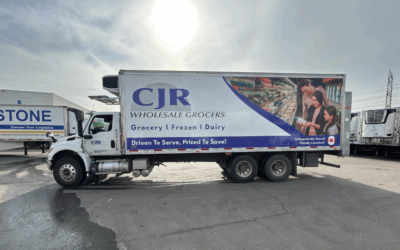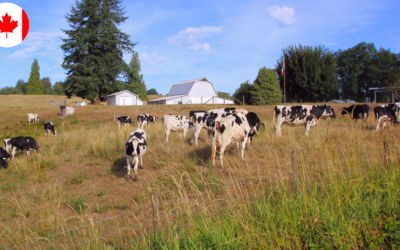Let’s talk about food safety.
In the bustling world of wholesale grocery distribution, ensuring food safety is paramount. If you’re a small business owner or grocer dealing with dairy products, understanding and complying with food safety regulations is not just a legal requirement but also essential for the well-being of your customers and the success of your business. DairyCentral is here to guide you through the intricacies of food safety regulations in the wholesale dairy industry.
Know Your Responsibilities as a Small Business Owner
As a grocer or small business owner, you play a critical role in the food supply chain. Familiarize yourself with the relevant food safety regulations and your obligations under them. This includes understanding the handling, storage, and transportation requirements for dairy products.
Stay Up-to-Date with Regulatory Changes
Food safety regulations are not static; they evolve to meet changing industry standards and consumer demands. Subscribe to updates from regulatory agencies and industry associations to ensure you’re aware of any amendments or new requirements that may affect your wholesale grocery distribution operations.
Implement Robust Storage and Handling Protocols
Proper storage and handling of dairy products are vital to prevent contamination and spoilage. Invest in temperature-controlled storage facilities and train your staff on best practices for handling dairy items. Regularly monitor and record storage temperatures to ensure conformity.
Supplier Compliance is Key
When dealing with dairy products, choose suppliers that adhere to food safety regulations rigorously. Check their certifications and audit reports to ensure they meet the necessary standards. Maintaining a strong partnership with reputable dairy suppliers is an essential aspect of this field.
Documentation and Record-Keeping
Accurate and organized record-keeping is a must for regulatory compliance. Maintain records of product shipments, receiving, storage, and any relevant temperature logs. These records not only demonstrate your commitment to food safety but also serve as a valuable resource in case of audits or inspections.
Staff Training and Education
Your employees are your first line of defense when it comes to food safety. Invest in regular training sessions to educate your staff about the importance of food safety, proper handling techniques, and the specific regulations that apply to your dairy products.
HACCP (Hazard Analysis Critical Control Points) Plan
Consider implementing a HACCP plan, which is a systematic approach to identifying and managing food safety risks. Developing and adhering to a HACCP plan can help you proactively address potential hazards and prevent food safety issues before they occur.
Navigating food safety regulations in wholesale grocery distribution, especially when dealing with dairy products, can be complex. However, as a responsible small business owner/grocer, it’s crucial to prioritize food safety and compliance. By staying informed, implementing protocols, maintaining supplier relationships, and continuously educating your staff, you can ensure that your wholesale dairy distribution operation not only complies with regulations but also earns the trust of your customers.









